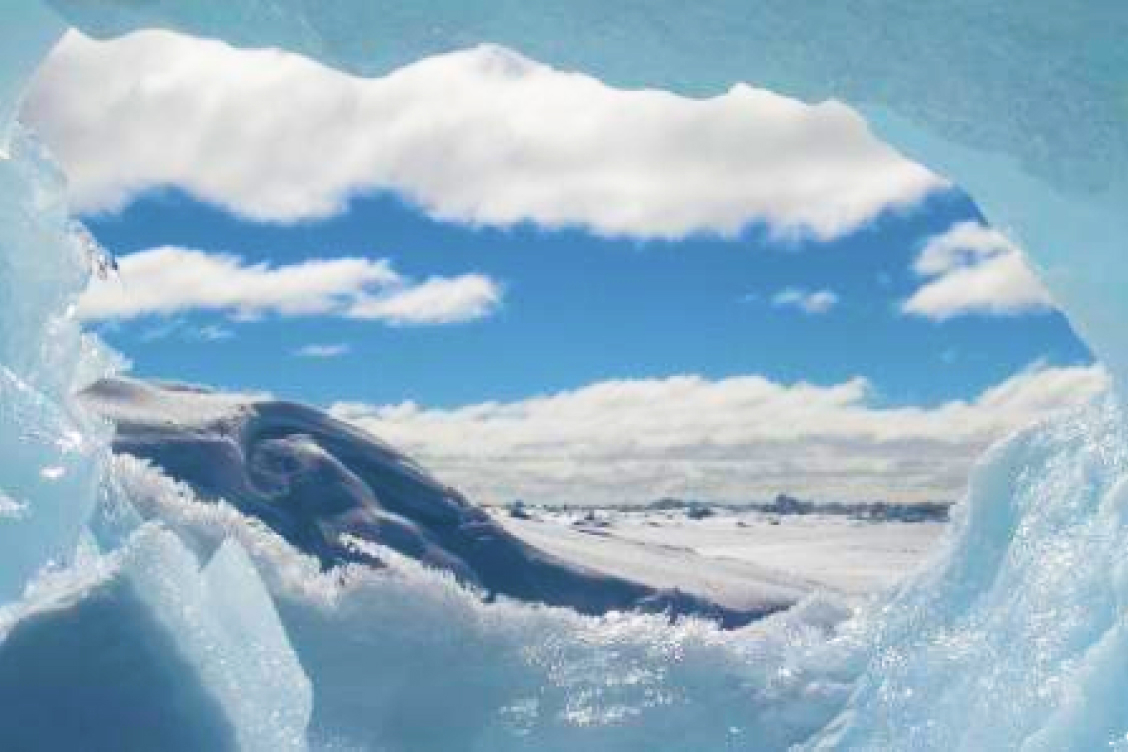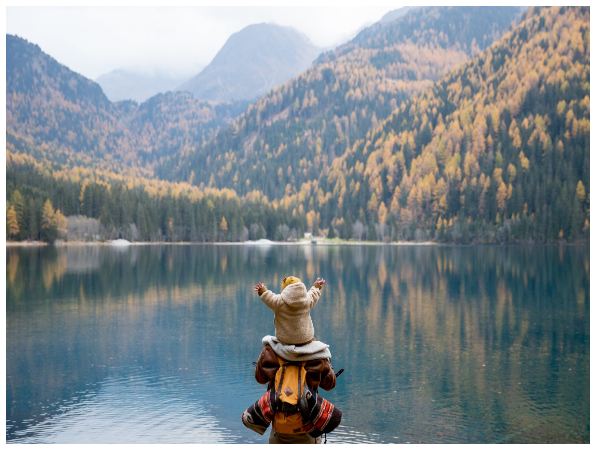

CP POLAR Empowering global collaboration for polar preservation
Polar Climate Insights and Impacts
The Polar climate is changing at a rate, which takes many people including climate scientists – by surprise. The ongoing and anticipated changes provide vast economic opportunities; but at the same time they bose significant threats to the environment.
ECRA aims to advance Polar climate research for the benefit of society by raising awareness of key scientific challenges, carrying out coordinated research activities using existing resources, and writing joint proposals to secure external funding for coordinated, cutting edge European polar research and education projects. Polar ECRA is a network of climate research institutions from different European countries and provides a breadth of expertise including theory, observations, modelling, operational forecasting and logistics.
- Why is Polar sea ice disappearing so rapidly?
- What are the local and global impacts of Polar climate change?
- How to advance environmental prediction capabilities for the Polar and beyond?
CP POLAR Key Topics
Polar ECRA addresses critical aspects of climate research, focusing on polar amplification processes, small-scale impacts, and climate extremes. Its goal is to enhance scientific understanding and contribute valuable insights for policymaking in the rapidly changing and vulnerable polar environments.


The rapid decline of polar sea ice is a critical manifestation of global climate change, underscoring the vulnerability of these regions. Several interconnected factors contribute to the accelerated reduction in polar sea ice, including rising temperatures, positive feedback loops, changing atmospheric circulation, oceanic influences, and escalating greenhouse gas emissions. Addressing these pressing issues, our Collaborative Program on Polar Regions brings together European scientists and polar researchers to work on understanding and mitigating the unique challenges posed by the changing polar environments.
As climate change significantly transforms polar regions, understanding the global and local impacts is crucial for European politics. These impacts not only have direct consequences for the continent’s ecosystems, economies, and infrastructure but also play a role in shaping international relations, resource management, and policy decisions within the European context. Addressing the challenges posed by polar climate change is essential for sustainable development and effective policymaking in Europe and beyond. Polar climate change has far-reaching global and local impacts that extend beyond the immediate regions. Some key factors are:
Global Impacts
Rising Sea Levels: The melting of polar ice contributes to rising sea levels globally. As ice sheets and glaciers in the Arctic and Antarctica melt, they release freshwater into the oceans, leading to increased sea levels.
Altered Ocean Circulation: Changes in the polar climate can influence ocean circulation patterns, potentially disrupting major currents that regulate global climate systems, such as the Atlantic Meridional Overturning Circulation (AMOC).
Climate Feedback Loops: The polar regions are particularly sensitive to climate change, and the feedback loops initiated there can have cascading effects on the global climate system. For example, reduced ice cover leads to less sunlight reflection (albedo effect), further warming the region and affecting global climate patterns.
Weather Pattern Changes: Alterations in polar climate can influence atmospheric circulation, potentially leading to changes in weather patterns around the world. This includes shifts in precipitation, storm tracks, and temperature distribution.
Biodiversity Impact: Global ecosystems are interconnected, and changes in the polar regions can have indirect effects on biodiversity worldwide. For example, shifts in Arctic and Antarctica ecosystems can affect migratory patterns of species in other parts of the world.
Local Impacts
Loss of Habitat: Polar regions support unique ecosystems adapted to cold conditions. The melting of ice and permafrost can result in the loss of habitat for various species, including polar bears, seals, and seabirds.
Thawing Permafrost: Permafrost in polar regions stores large amounts of carbon. As it thaws, this carbon is released into the atmosphere, contributing to greenhouse gas emissions and amplifying global warming.
Cultural Disruption: Indigenous communities in polar regions rely on traditional practices closely tied to the environment. Changes in climate, such as altered ice conditions and shifting animal migration patterns, can disrupt these cultural practices and ways of life.
Infrastructure Vulnerability: The thawing of permafrost poses risks to infrastructure built on frozen ground. Buildings, roads, and pipelines can be compromised as the ground becomes less stable. Economic Impacts: Changes in sea ice conditions affect shipping routes and access to natural resources, impacting local economies and livelihoods dependent on activities such as fishing and tourism.
Understanding and addressing these global and local impacts of polar climate change are crucial for developing effective mitigation and adaptation strategies. International collaboration and research efforts, like the Collaborative Program on Polar Regions, play a vital role in advancing our knowledge and responses to these chchallenges.
Advancing environmental prediction capabilities for the polar regions and beyond involves a multifaceted approach that integrates scientific research, technological innovation, and collaborative efforts. In an era of escalating environmental challenges, the advancement of prediction capabilities for polar regions and beyond is critical. This multifaceted approach encompasses scientific research, technological innovation, and collaborative efforts to effectively address the unique characteristics of these vital areas.
Investment in Research and Observation: Expand observational networks using satellite technologies, autonomous platforms, and in-situ measurements for comprehensive and high-quality data. Establish and maintain long-term monitoring programs to track changes in polar environments.
Improved Climate Models: Develop higher-resolution climate models tailored to capture the nuances of polar climates. Integrate a deeper understanding of underlying processes, considering interactions between the atmosphere, oceans, sea ice, and land.
Enhanced Technology and Innovation: Invest in advanced remote sensing technologies for detailed and real-time data collection in polar regions. Incorporate artificial intelligence and machine learning to analyze vast datasets and improve predictive capabilities.
International Collaboration: Foster collaboration among research institutions, governmental agencies, and the private sector to advance environmental prediction capabilities. Establish standardized protocols for data sharing and collaboration.
Community Engagement and Indigenous Knowledge: Acknowledge and incorporate indigenous knowledge, complementing scientific observations. Engage local communities and the public in environmental monitoring and prediction efforts.
Policy Support: Develop and implement policy frameworks supporting research and innovation in environmental prediction. Align prediction capabilities with adaptation and mitigation strategies to address environmental changes.
Education and Capacity Building: Establish educational and training programs for scientists, policymakers, and practitioners in environmental prediction. Conduct public outreach to raise awareness and promote informed decision-making.
By embracing these key strategies, the collaborative effort to advance environmental prediction capabilities will not only enhance our understanding of polar regions but also contribute to a more resilient and sustainable global future.
Resources
Coordination
This Collaborative Programme is coordinated by:

Thomas Bracegirdle
British Antarctic Survey (BAS), UK Atmospheric and Climate Scientist
tjbra@bas.ac.uk https://www.bas.ac.uk/profile/tjbra/
Einar Örn Ólason
Nansen Environmental and Remote Sensing Center (NERSC), Norway Sea-Ice Modeller
Einar.Olason@nersc.no https://nersc.no/